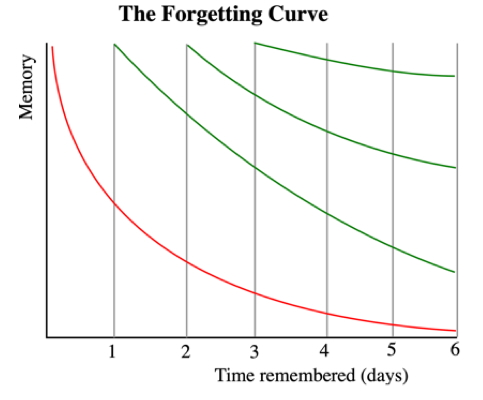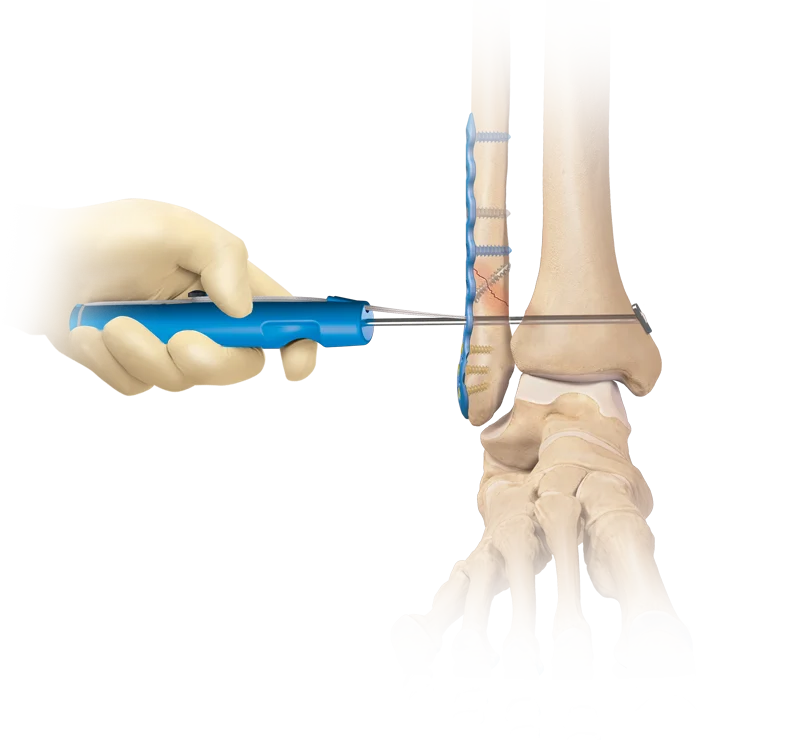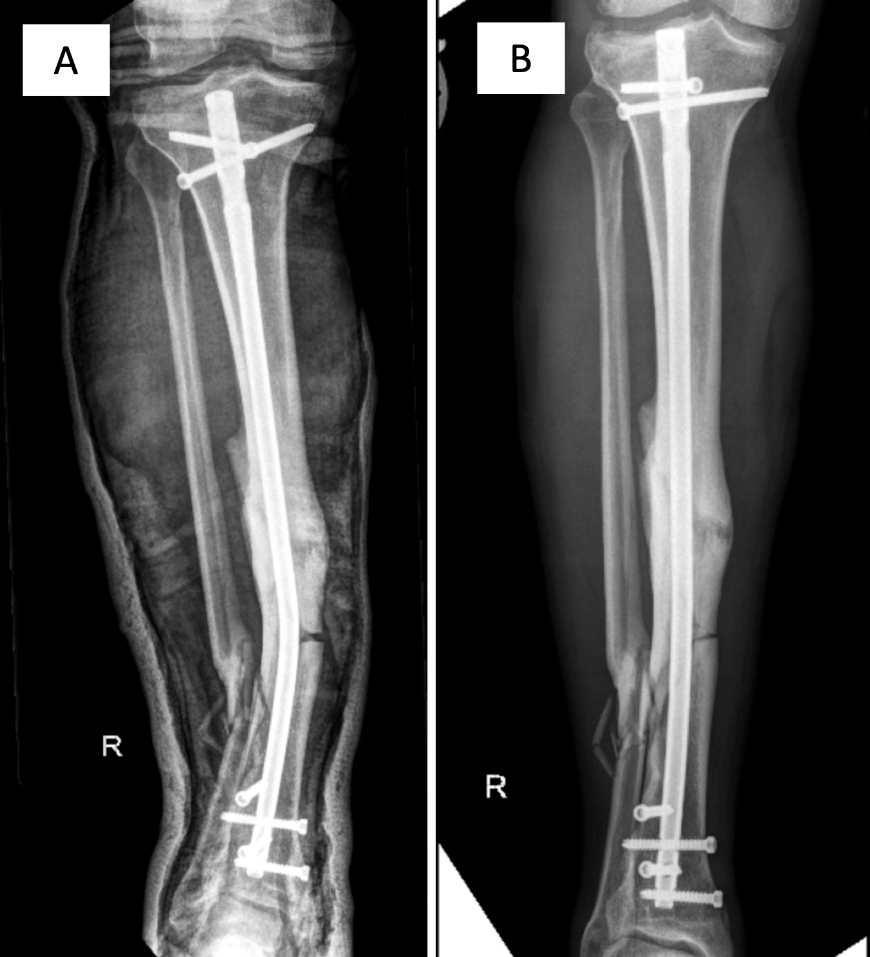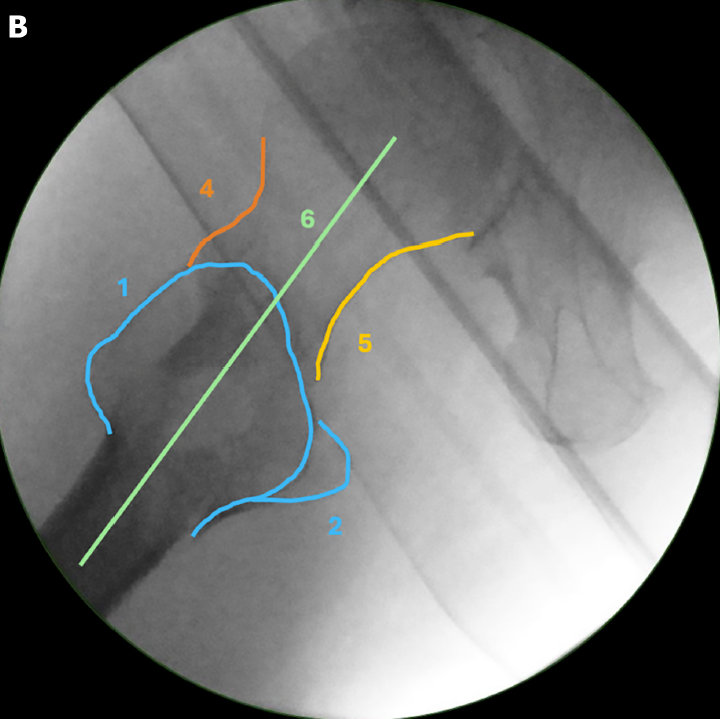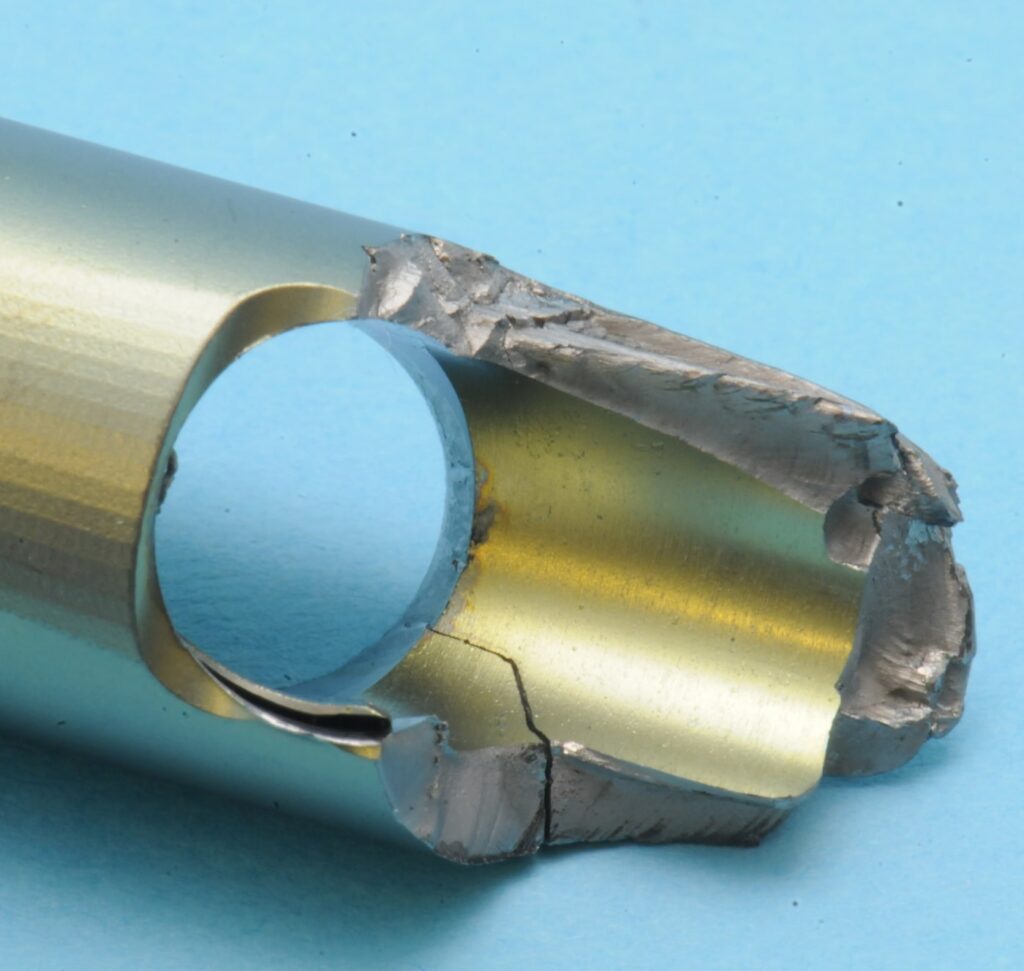A modern, effective and user-friendly approach to medical learning: an overview of spaced repetition programs
Author: Anton Lambers
Study Site: University of Melbourne
Spaced Repetition Learning (SRL) is an increasingly popular method for retaining large volumes of information, particularly in medical education. Dr Lambers summarised the important aspects of SRL here for medical students, and managed to sneak in a pretty hilarious author bio that was published unchecked by the journal – see if you can find it in the paper.
This approach involves revisiting material at strategic intervals based on the learner’s ability to recall it, which enhances long-term memory retention compared to traditional methods of mass learning. Research supports SRL’s benefits across various contexts. Studies have shown that SRL improves memory and recognition in mild Alzheimer’s patients and enhances knowledge retention among medical trainees, such as gastroenterology residents and urology trainees. While some studies question its long-term effects, most suggest that SRL significantly improves learning efficiency and reduces study time.
Although SRL’s success relies on consistent use, its benefits include improved organisation, time efficiency, and enhanced assessment preparation like Objective Structured Clinical Examinations (OSCEs).
Dr Lambers knowledge and experience in SRL resulted in a research project evaluating its effectiveness in orthopaedic examination candidates as well as developing a SRL flashcard software for use on the website Orthobullets.com.
